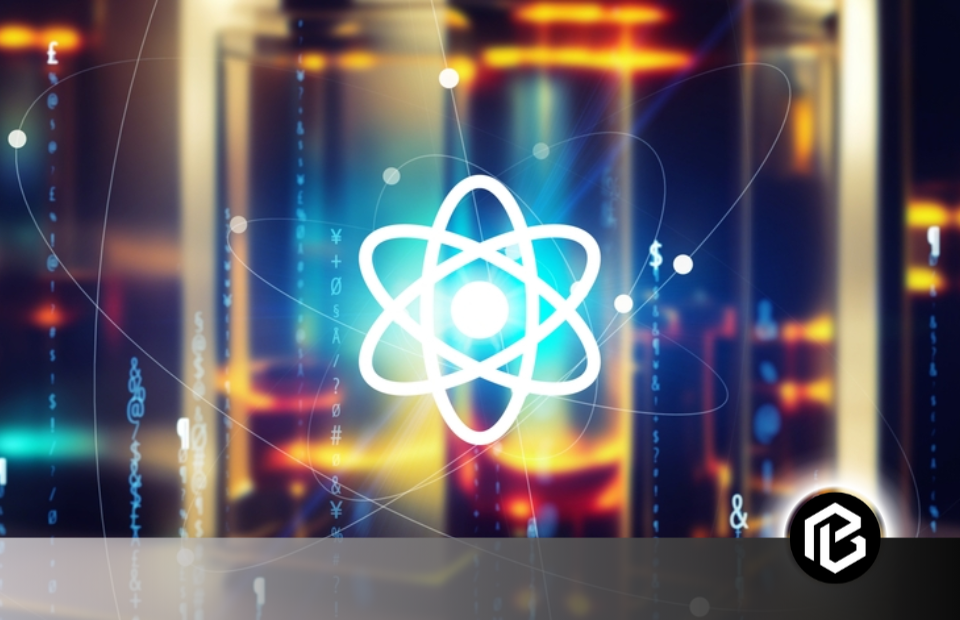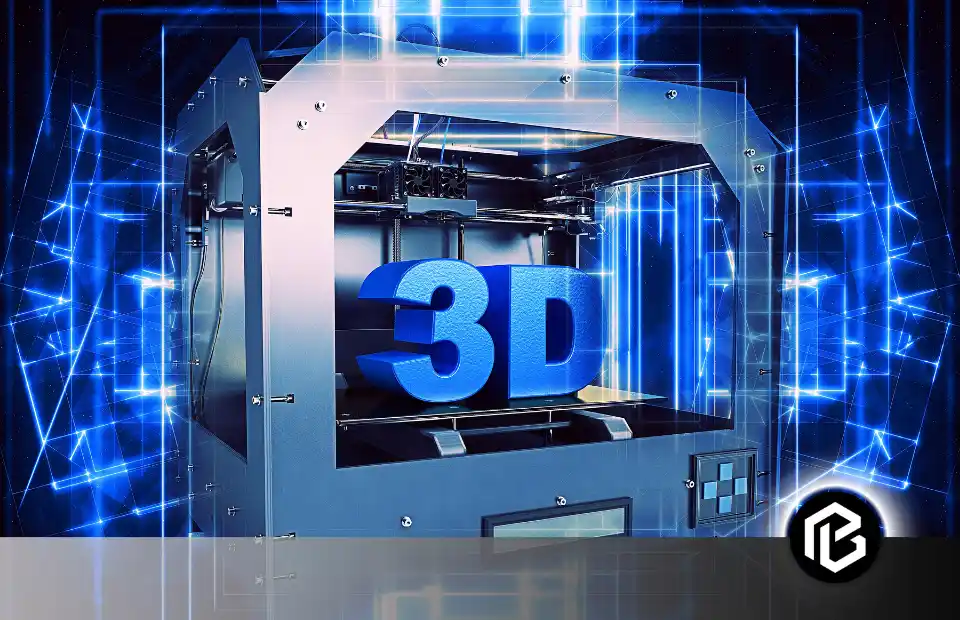Applied quantum computing entails the practical application of quantum computing principles and algorithms to tackle real-world challenges. Applied Quantum Computing is an idea that refers to the practical implementation of principles of quantum computing and its algorithms that help in addressing real-world problems. You can analyze its importance through the evidence of cryptography, optimization, drug discovery, and artificial intelligence domains nowadays.
As the world progresses into the development of advanced computing, the idea of high-performance data processing has been of foremost importance. By utilizing the distinct properties of quantum mechanics, quantum computing offers a comprehensive guide to provide valuable insights and understanding into the world of applied quantum computing.
In innovative technologies, quantum computing has emerged as a concept with great potential to transform different industries. For better comprehension of quantum computing, it’s better to grasp the fundamental concepts of applied quantum computing.
- Understanding Quantum Computing
- Principles
- Applied Quantum Computing Approach
- Key Components of Applied Quantum Computing
- The distinction between Theoretical and Applied Quantum Computing
- Distinction
- Applications of Applied Quantum Computing
- Challenges and Future Prospects
- Conclusion
- Frequently Asked Questions on Applied Quantum Computing
Understanding Quantum Computing
Quantum computing put forward the principles of quantum theory that deals with the study of modern physics. Modern physics demonstrates the behaviour of matter and energy at an atomic and subatomic level. Let’s discuss a few principles of applied quantum computing.
Principles
Let’s learn some principles of quantum computing.
Principle of Superposition
A property that allows quantum computers to perform calculations on a massive scale using parallelism’s power is called superposition.
The vital concepts of quantum computing revolve around quantum counterparts of classical parts called qubits. Classical bits represent information as binary digits in the form of zeros and ones. On the other hand, in quantum computing qubits can exist simultaneously in multiple states due to the superposition phenomenon.
Principle of Entanglement
The principle of entanglement is a phenomenon in which qubits are entangled in such a way that the state of one bit becomes essentially linked to the state of another bit regardless of the distance between them.
It is the fundamental principle of quantum computing. This unique principle enables the formation of entangled states to exhibit a correlation that is unattainable in classical bit systems. It sets the foundation for the efficient computational capabilities of quantum computers.
Applied Quantum Computing Approach

Applied quantum computing uses the practical application of quantum computing principles to address complex problems in various research areas. By the application of quantum computing capabilities, you can optimize processes, improve security, and allow researchers to execute solutions for complex problems.
This eventually leads to scientific progress in various sectors of industries. Applied quantum computing is the quantum computing transitions from theoretical computing to practical computing applications.
Key Components of Applied Quantum Computing
The study of applied quantum computing goes beyond the principles of superposition and entanglement. It incorporates gates and logic operations to compute, manipulate, and process quantum data. These gates play an essential role in the conversion of states of qubits that enable them to perform complex computational tasks.
Through the application of gate concept configurations, and sequences, quantum algorithms can efficiently control computing systems to solve complex problems.
The distinction between Theoretical and Applied Quantum Computing
A distinction can always be derived from the theoretical and practical possibilities when you build a product. If a device fails to function practically then it is considered a lack of technical skills or knowledge of the manufacturer. Through distinct goals and practices, applied quantum computing and theoretical quantum computing are deeply intertwined.
Quantum computers depend on the principles defined by physics to perform complex operations. This shows the study of quantum physics is necessary for the advancements in quantum computing technologies.
Quantum Mechanics
Quantum mechanics deals with the study of physics and provides the mathematical framework to demonstrate the behaviour of quantum computers. This research forms the foundation for the design and development of quantum computers.
By adopting the principles of quantum mechanics, scientists can discover breakthroughs in quantum computing technology.
Applied Quantum Computing
Quantum systems are the key aspects of research in quantum physics and understanding the phenomenon that is difficult to study otherwise. Quantum computers can experiment with quantum systems to achieve practical goals that were previously unachievable. It provides valuable insights into the behaviour of matter and energy at the microscopic level.
Distinction
Applied quantum computing is an applied field that contributes to solving real-world problems. Whereas quantum physics or mechanics is a theoretical domain that explains the behaviour of systems using the concepts of physics. Quantum physics can provide insights that can contribute to advancements in applied quantum computing, but they cannot be converted directly into practical applications.
Applications of Applied Quantum Computing

Utilization of practical capabilities offered by quantum computing in different environments is crucial. By the integration of quantum computing in real-world scenarios, you can reveal the remarkable potential of innovation and progress.
Optimization and Logistics in Quantum Computing
By leveraging the power of applied quantum computing, organizations can revolutionize their operations. They can streamline their processes, minimize costs, and optimize resource allocation. This opens new avenues of innovation, optimization, and resource allocation for industries that heavily rely on efficient logistical systems.
For instance, Rigetti Computing has been analyzing its complex datasets, various constraints, and quantum algorithms to optimize the allocation of resources such as vehicles, warehouses, and personnel. They are competing with Google and IBM to improve their workflow. This results in improved utilization of resources and increased operational efficiency.
Drug Discovery and Material Science Advancements
Researchers can model and analyze complex molecular interactions with exceptional precision using applied quantum computing simulations. This capability transforms the drug discovery process by identifying novel medicinal compounds and personalized medicine.
Financial Modeling and Risk Analysis
Applied quantum computing acts as a superpower calculator that can manage multiple variables simultaneously. In this way, it offers a substantial potential for financial modelling and risk analysis.
It can assess risk in the financial realm by analyzing massive amounts of data and considering several variables, and quantum algorithms. As a result, they can make accurate predictions and smarter decisions to develop innovative financial strategies.
For instance, D-wave industries address complex financial models, optimize portfolio management, and do risk assessments effectively by using applied quantum computing algorithms.
Machine Learning and Artificial Intelligence
The constructive collaboration between applied quantum computing and machine learning put forward exceptional possibilities. Machine learning algorithms can revolutionize the recognition pattern, optimization, and data analysis.
Integration of quantum computing with machine learning and artificial intelligence opens new opportunities to revolutionize the approaches to complex tasks and drive transformative information.
Weather Forecasting and Climate Change
Applied quantum computing has the power to address weather forecasting and challenges posed by climate change. Scientists can make use of quantum computing to accurately model complex weather patterns.
This will improve the accuracy of determining the weather conditions. Moreover, applied quantum computing can optimize energy distribution, resource management, and environmental modelling. This enables the development of sustainable solutions to combat climate change.
Challenges and Future Prospects
Let’s have a look at the challenges and prospects.
Hardware Limitations
Hardware limitation is the most notable challenge in the field of applied quantum computing. With greater complexity in quantum computing systems, it has become difficult to maintain the stability and coherence of qubits. This makes hardware devices highly susceptible to noise and interference.
Scalability Issues
Quantum systems are difficult to scale up to accommodate more qubits. Efforts have been made to develop more scalable hardware resources to address complex problems. Such systems would provide solutions to overcome challenges and unlock potential problems of applied quantum computing.
Quantum Decoherence and Quantum Error Rates
Decoherence and error rates are the crucial factors that contribute to limitations in the accuracy and reliability of quantum computations. These systems are extremely sensitive to external disruptions that cause loss of quantum coherence and introduce errors in computations.
Techniques to enhance the stability and accuracy of quantum coherence computations are under exploration, such as correction codes and error mitigation techniques.
Quantum Algorithms Optimization and Complexity
Developing quantum algorithms to simplify the complexity of problems is a challenging task. Applied quantum algorithms require intense optimization to maximize computational efficiency. Researchers are actively working to optimize applied quantum algorithms to find ways to reduce complexity and minimize the number of operations and qubits.
Conclusion
The possibilities for scientific breakthroughs are boundless in applied quantum computing. Although challenges like hardware limitations, quantum decoherence, and algorithm optimization exist, the researchers are working to discover solutions to simplify such complex problems.
Quantum research is now getting ample amounts of funding and these systems are optimizing investment plans for businesses. Applied quantum computing with its lightning-fast quantum emulators, seamless integration with open-source libraries, and strength to assist industries with quantum AI models has the power to explore endless possibilities.
Frequently Asked Questions on Applied Quantum Computing
How does applied quantum computing differ from theoretical quantum computing?
Applied quantum computing focuses on implementing and applying quantum computing concepts and algorithms to specific problems and applications, whereas theoretical quantum computing explores the fundamental principles and theoretical frameworks underlying quantum information processing.
What are the challenges and limitations of applied quantum computing?
Challenges and limitations of applied quantum computing include qubit coherence and error rates, qubit connectivity and scalability, quantum hardware and software development, quantum algorithm design and optimization, and the need for specialized expertise and infrastructure.
How can businesses and industries benefit from applied quantum computing?
Businesses and industries can benefit from applied quantum computing by leveraging quantum-enhanced algorithms and technologies to solve complex optimization problems, accelerate research and development processes, improve decision-making and risk management, and gain a competitive edge in innovation.
What is the future outlook for applied quantum computing?
The future outlook for applied quantum computing is promising, with ongoing advancements in quantum hardware and software, increased investment and collaboration in quantum research and development, and growing interest and adoption of quantum technologies across academia, industry, and government sectors.





